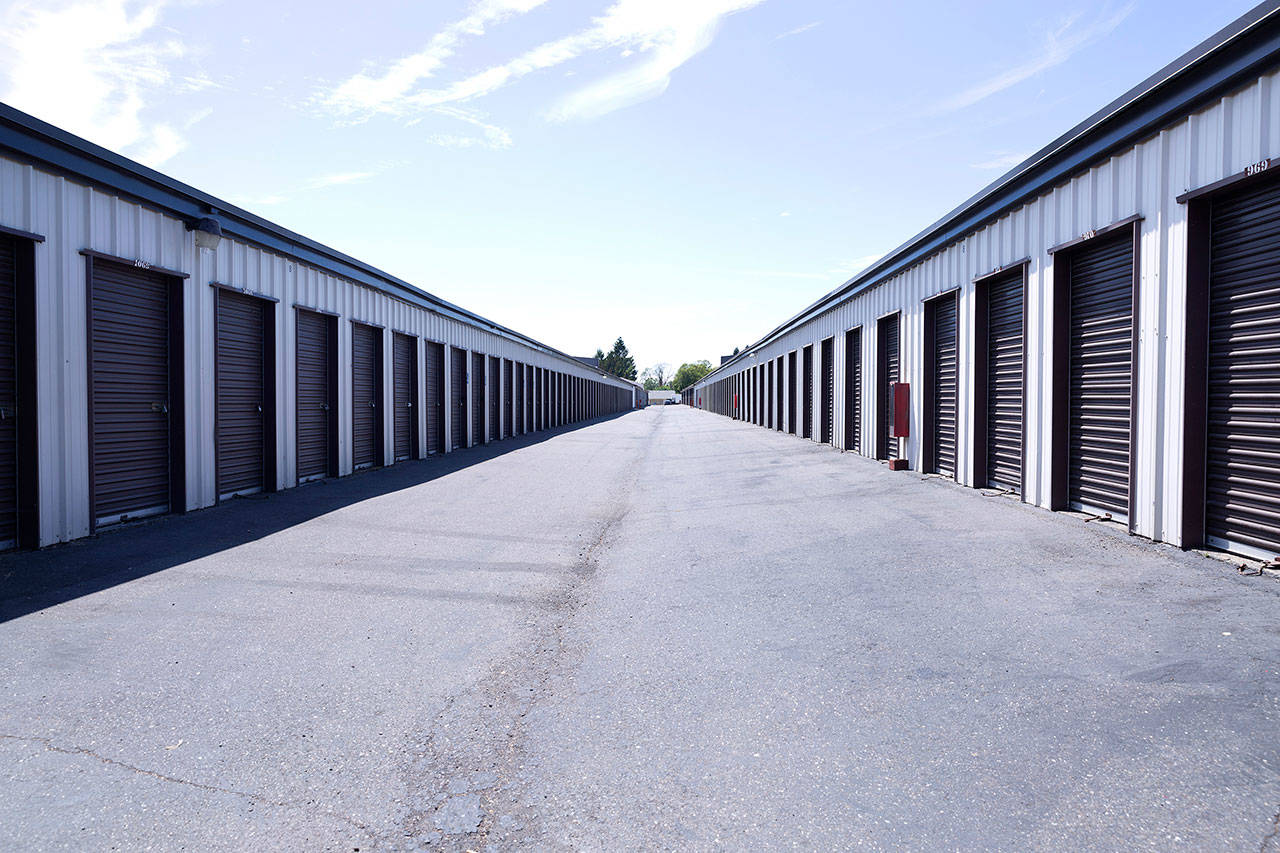With about 25 self-storage facilities scattered across town, the Kent City Council decided to limit the size of future mini-warehouses and require them to be located in buildings with other, principally permitted uses.
“Mini-warehouses take up 5 acres and do not bring a lot of vitality into areas,” said Matt Gilbert, city economic and Community Development deputy director, in a report to a council committee. “It’s a dead use with a large footprint that creates a big blank spot in the landscape. The large format uses take up big chunk of land in commercial zones where they are allowed.”
The self-storage facilities generate little employment, relatively less revenue for the city compared to other uses and may negatively impact the vitality of commercial corridors, according to a city staff report.
“Land used exclusively as mini-warehousing could otherwise be utilized for housing or more employment-intensive businesses,” according to the staff report. “Mini-warehousing’s rents tend to rise with the growth of an area and are very unlikely to redevelop into other uses over time.”
The full council approved the regulation change in March after the council’s Economic and Community Development Committee recommended adoption earlier in the month. The city’s Land Use and Planning Board passed the proposal in February.
“Why not just stop these?” Council President Bill Boyce asked staff at the committee meeting.
Gilbert answered that a ban could be a policy that causes trouble. With size restrictions, a commercial developer could still devote as much as 40 percent of the leased space to public storage but without direct access from the street level, which would be restricted to retail or professional services.
“This approach leaves open the possibility of well integrated, mixed-use projects while protecting the city’s interests in economic development and commercial corridor vitality,” according to city staff.
“When it’s integrated into a retail format, it’s not the sea of garage doors look,” Gilbert said.
With the limits rather than a ban, self-storage units remain as an option for a developer.
“To not be hard line about it leaves the door open for a creative developer,” Gilbert said.
Kent already has more self-storage facilities per capita than Auburn, Covington, Renton, Des Moines, Bellevue, Redmond and Shoreline, city staff said. People pay between $147 and $206 per unit per month depending on the size of the rental space.
Gilbert said it could even be possible that residential units get built on commercial land.
“The demand for land is changing as we all buy stuff online,” he said. “This plans for the next generation of growth.”
Self-storage facility to be built
Prior to the new regulations, a developer received approval from the city in early March for a new public storage facility on the East Hill.
A three-story self-storage building will go up at 15460 SE 272nd St. The first phase of the project also includes two retail/office buildings on the 5.5-acre site, according to city documents. The second phase of construction includes three more self-storage buildings.
Talk to us
Please share your story tips by emailing editor@kentreporter.com.
To share your opinion for publication, submit a letter through our website https://www.kentreporter.com/submit-letter/. Include your name, address and daytime phone number. (We’ll only publish your name and hometown.) Please keep letters to 300 words or less.

